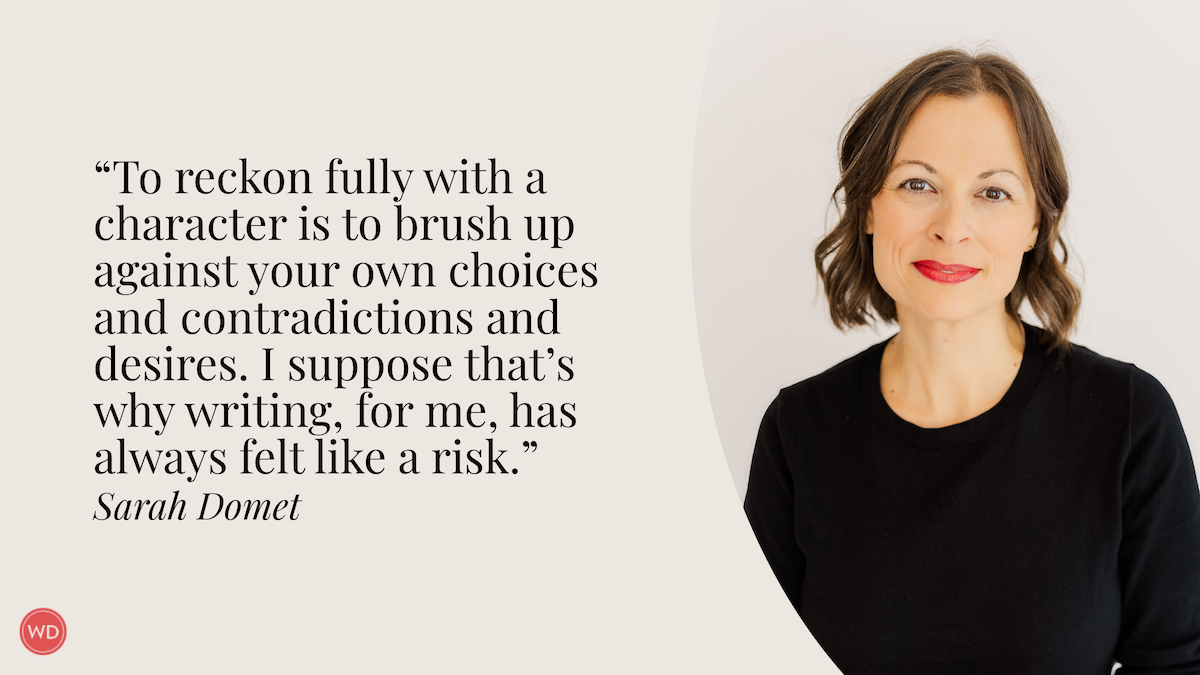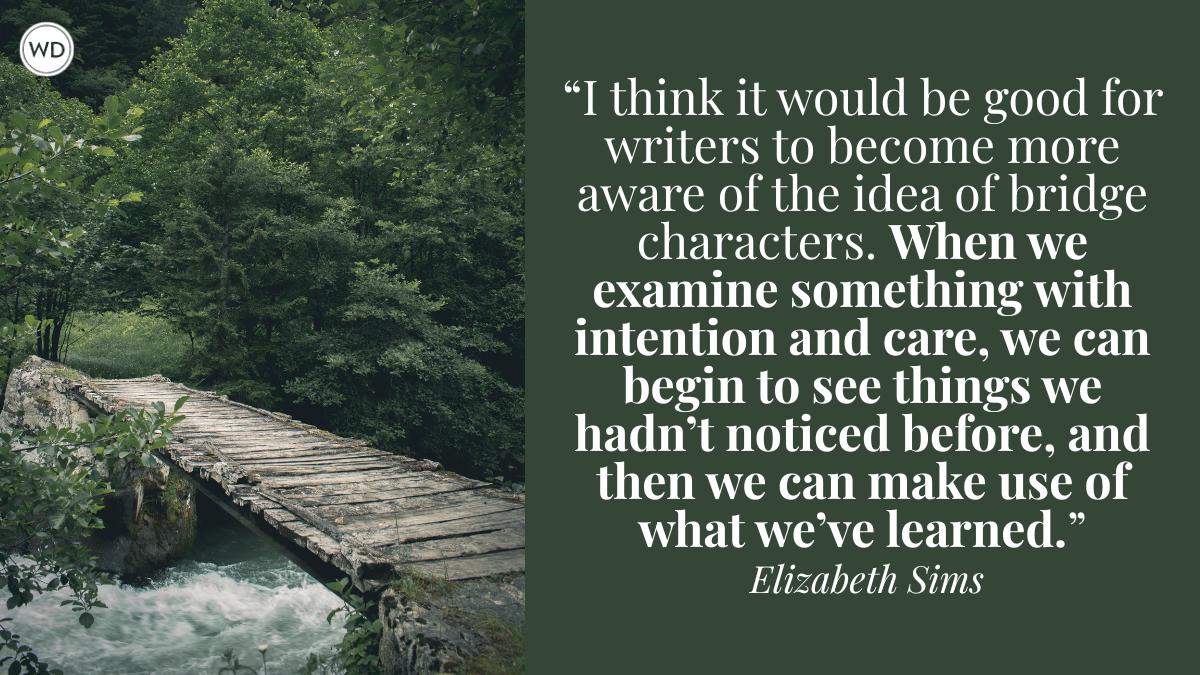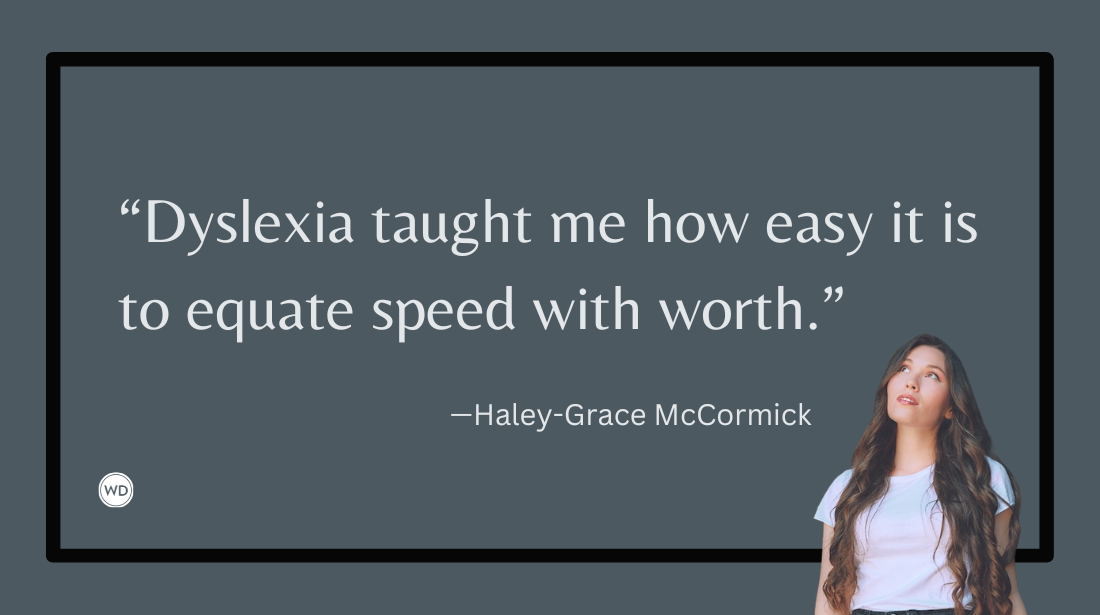Joe Pan: A Single Novel Isn’t Meant To Encompass Everything
In this interview, author Joe Pan discusses writing about people facing uncertain futures with his debut novel, Florida Palms.
Joe Pan is the author of five poetry books and founder of Brooklyn Arts Press, one of the smallest independent houses ever honored with a National Book Award in Poetry, and publisher of Augury Books, honored with a Lambda Literary Award in Lesbian Poetry. His writing has appeared in the Boston Review, Hyperallergic, The New York Times, and Poets & Writers, and he’s been profiled by Publishers Weekly, the Rumpus, and the Wall Street Journal. He grew up along the Space Coast of Florida and now lives in Los Angeles. Follow him on Facebook, Instagram, and Bluesky.
In this interview, Joe discusses writing about people facing uncertain futures with his debut novel, Florida Palms, his advice for other writers, and more.
Name: Joe Pan
Literary agent: Stephanie Cabot
Book title: Florida Palms
Publisher: Simon & Schuster
Release date: July 22, 2025
Genre/category: Literary Crime Thriller
Elevator pitch: After graduating high school, a close-knit group of poor Florida kids get roped into a drug-running operation. Soaring, ambitious, and deeply humane, Florida Palms is a gritty coming-of-age story with an enormous heart and an unflinching vision, where boys without heroes become men without dreams.
What prompted you to write this book?
Books dealing with the Space Coast of Florida tend to focus on NASA and the aerospace industry, but never the locals. I grew up a poor skateboarder in the area with two younger brothers and a single mom working at Little Caesar’s to provide for her children. The struggles we faced often felt insurmountable under the overbearing economic forces which persisted in keeping us in our place. Returning to that time in my life, I’m often struck how, despite a lack of options, people continued to operate with a rich inner life, the one thing they had ultimate control over. My mother’s resilience was especially impressive. But the poverty took its blood-right, and I lost friends and family to addiction, gun deaths, bad decisions, and violence. I tackle these subjects head-on in the book, documenting the lives of people making tough choices in tough times—specifically during the Great Recession.
How long did it take to go from idea to publication? And did the idea change during the process?
I began writing around these subjects in grad school, around 2001. The book began as a monstrous collage of all my beliefs of what a novel could be, fed by an ambition to catalogue all the weird, true #FloridaMan stories I could fit onto the page. But I soon learned that a single novel isn’t meant to encompass everything—you pick your battles. I would go on to tighten up the storyline to get at the psychic wavelength I wanted my readers to experience, and pushed harder into generating a greater sense of place. I made my character’s interiors a priority while boning up my reading on how drug cartels actually operate. After two decades, and some false starts, the book was picked up by my agent and later S&S, and here we are.
Were there any surprises or learning moments in the publishing process for this title?
A ton. I run two small presses (Brooklyn Arts Press, Augury Books) so I was familiar with the publishing landscape at the DIY level. Simon & Schuster is a whole different beast, and I’m in awe of how well they’re set up to reach indie bookstores, librarians, and readers. Publishing is a large community made up of many smaller communities, all reliant on real people, and personal relationships built over time. I’ve spent the months leading up to publication leaning on my own relationships to help get the word out. I think the biggest lesson is how in today’s publishing climate social media influencers, and even a single post, can change the trajectory of a book. It’s word-of-mouth on a massive scale.
Were there any surprises in the writing process for this book?
The biggest surprise for me was a learning experience. After my editor gave me notes, I was befuddled on how to write new sections into a manuscript I felt I had polished to a shine. And once I went back in with the changes, the narrative began to break, but in those exposed crevices I was able to insert new passages that created a stronger foundation for the characters. I realized the only thing holding me back from making the book stronger was my own fears that I couldn’t write my way back into the novel, which were unfounded. It’s a stronger book now for taking that risk.
What do you hope readers will get out of your book?
My hope is that readers become more familiar with the psychology of young men and women faced with uncertain futures that are almost entirely reliant on their economic conditions. People get boxed out of the American Dream early, and what we often view as criminality or criminal impulses are simply people working their way through a system designed to force them out, not lift them up. Human behavior is finite, meaning we all act similarly when placed in similar situations, some of which is cultural, but much of which is reliant on one’s education and one’s place in the pecking order. Life is about options, and to withhold options is to breed struggle, and struggling people will do whatever it takes to survive.
If you could share one piece of advice with other writers, what would it be?
Create a daily routine, and make writing a part of that routine. You don’t have to write every day, but it helps. Just like exercise. Myself, I get up, grab a coffee, walk up through the Hollywood Hills with my wife, come back, and get to work. It’s something I adhere to fairly strictly, so that the impulse to diverge is really awkward-feeling. My second piece of advice is to research the hell out of whatever you’re writing about, but also be aware that your characters get to choose how they act. A lot of good ideas, in life and writing, come when you’re just listening.








